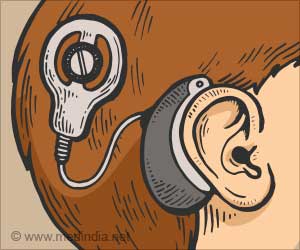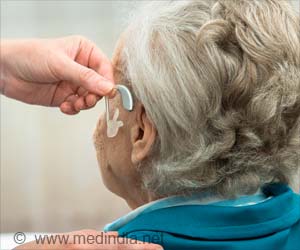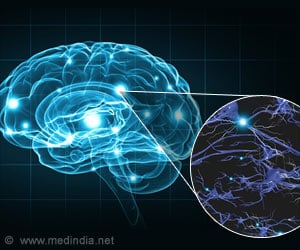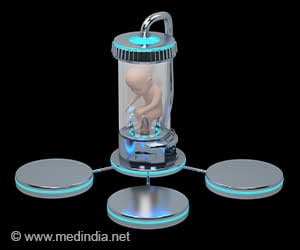
‘‘Developing gene therapy with the virus as carriers can treat genetic hearing loss, either as a standalone therapy or in combination with cochlear implantation.#hearing loss #gene therapy #hearing aids #viral genetics’’
Tweet it Now
Hearing loss (HL) is one of the most common sensory deficit disorders that affect about 466 million people. By 2050, one in 10 individuals is expected to live with some form of hearing loss. Of the hundreds of millions of cases of hearing loss affecting individuals worldwide, genetic hearing loss is often the most difficult to treat (1✔ ✔Trusted SourceHereditary hearing loss: From human mutation to mechanism
Go to source).
Genetic HL affects 1 in 500 newborns. There are no treatments available to reverse or prevent genetic deafness. While hearing aids and cochlear implants offer limited relief, no available treatment can reverse or prevent this group of genetic conditions, prompting scientists to evaluate gene therapies for alternative solutions.
Gene Therapy Rescues Hearing for the First Time in Aged Mouse Models
As the inner ear is an isolated organ that can be accessed safely by local injection, many gene replacement and overexpression studies targeting HL have been conducted successfully, resulting in hearing rescue (2✔ ✔Trusted SourceNeonatal AAV gene therapy rescues hearing in a mouse model of SYNE4 deafness
Go to source).
Rapid progress has been made in the understanding of the genetic etiology of human HL. Genetic testing and diagnosis of HL provide essential information for further genetic therapies. TMPRSS3 protein is necessary for normal hearing in mammals. TMPRSS3 gene mutations account for approximately 12%–13% of HL families that are negative for common genetic mutations.
Adeno-associated virus (AAV), a non-replicative viral vector with low immunogenicity and little ototoxicity, is one of the most promising gene therapy tools. Despite having already rescued hearing in neonatal animals with genetic defects, the vectors have yet to demonstrate this ability in fully mature or aged animal models (3✔ ✔Trusted Source
Rescue of auditory function by a single administration of AAV-TMPRSS3 gene therapy in aged mice of human recessive deafness DFNB8
Go to source).
Since humans are born with fully developed ears, this proof-of-concept is necessary before testing the intervention in humans with genetic hearing loss.
Advertisement
This was also the first study that has rescued hearing in aging mice, which points to the feasibility of treating genetic hearing loss even at an advanced age. The study also establishes the feasibility of other gene therapies in the aged population.
Advertisement
- Hereditary hearing loss: From human mutation to mechanism - (https://www.sciencedirect.com/science/article/abs/pii/S0378595511001602)
- Neonatal AAV gene therapy rescues hearing in a mouse model of SYNE4 deafness - (https://www.embopress.org/doi/full/10.15252/emmm.202013259)
- Rescue of auditory function by a single administration of AAV-TMPRSS3 gene therapy in aged mice of human recessive deafness DFNB8 - (https://www.cell.com/molecular-therapy-family/molecular-therapy/fulltext/S1525-0016(23)00261-7?)















